2393.etik how we didn't prevent the crazy weather
- How will the twenty-first century that we are living here be interpreted in 2393? In the science fiction book The Collapse of Western Civilization, historians Naomi Oreskes and Erik Conway tell us how the collapse that led to the Western consumer civilization into disaster happened – how it is happening.
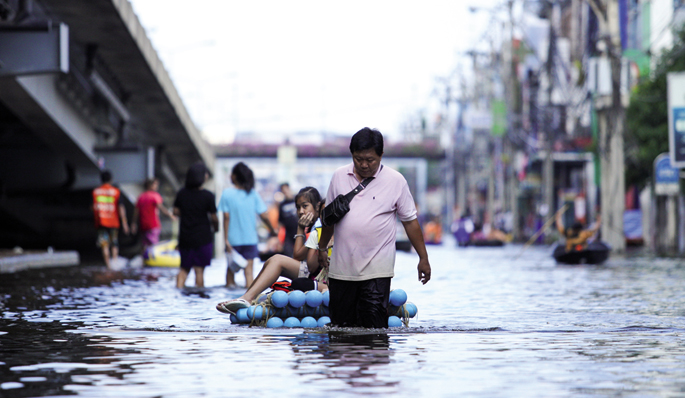
A message bottle in its lost interior in the desert is the cover of a book that in 100 pages barely conveys a disturbing message: The Collapse of Western Civilization: A View from the Future. Naomi Oreskes and Erik Conway, who teach History at Harvard and California universities, have launched the idea. Merchants of Doubt was published in 2010: How A Handful of Scientists Obscured the Truth on Issues from Tobacco Smoke to Global Warming How some scientists managed to obscure the truth from tobacco damage to global warming).
They've been put on the skin of a historian who lives in 2393. He lives in the Second People ' s Republic of China, and with this point they mark from the beginning one of the hallmarks of his hypothesis: that China can survive more than any other country after having gone through the calamities that will adapt to the planet in the twenty-first century.
Seen from the future – because it is fiction it is not too relaxed to the reader – the Earth suffered a terrible shock in 2023, as “throughout the year it was summer”. According to the paper, “500,000 people died from this major warming, damage worth $500 billion, loss of crops and slaughter of livestock and domestic animals. The losses of cats and dogs in the homes (apparently due to food shortages) were particularly disturbing by the people of the rich West, but in 2023 that situation became a new normalcy.”
Since then, throughout the twenty-first century, without anyone being able to avoid it, there was the disaster announced earlier by scientists and many others: Whole populations of Africa and Oceania disappeared, climate change brought with it desiccations all over the world, lack of food, sea inlet, confrontations, civil wars, migration of more than 1 billion people and the predominance of political systems using martial laws.
Although it's science fiction, everything written in the book before 2013 is really happened. What they have invented since 2013, historians say, they have written it on the basis of proven scientific evidence. We already know that hurricanes will become more and more violent. We already have very strong scientific evidence about sea-level rise and loss of the ice sheet in the west of the Arctic. As we know, climate warming causes droughts and decreases in food.
“The people of Western civilization – said the alleged historian of 2393 – knew what was happening, but could not stop. The most remarkable thing about those events is the information they had and the inability they had to turn what they knew into action. Knowledge did not become power.”
The age of violent regimes
Naomi Oreskes has been interviewed by two writers in the Living on Earth space, dedicated to environmental issues. As he explained to the journalist, like him, Erik Conway is concerned that “people don’t realize what climate change entails, many think it’s a thing of the white bears of the Ártico.Nosotros we want to explain that it affects all of us, our way of life, but also our institutions, economic, political and social institutions.”
In the former Merchants of Doubt, historians explained how corporations have organized the struggle to cast doubt on climate change, because they feared that scientific truth could call into question liberal democracy, free enterprise, etc. On this occasion they want to highlight the irony of history, how the destruction of liberal capitalism that was the cataclysm that influenced the world through the denial of truth.
China is mentioned as the country that best surpassed the 21st century of conflict, for two reasons. On the one hand, if it's the country with the longest history, it has the same statistical probabilities of survival. On the other hand, recognizing that China has been heavier in the use of the environment over these years, the Chinese system has shown that it has the capacity to make huge leaps in the opposite direction, with great discipline and organization.
Unlike China, although paradoxical, in the twenty-first century the individual freedoms enjoyed by Western civilization are crumbling, due to the emergency caused by climate change: “First of all, the serious situation caused by neo-liberalism, which apparently had to guarantee individual freedom, led to an enormous intervention by governments.”
But why were Western societies unable to make the transition XXI.ean? On the one hand, they say Oreskes and Conway, so they call market fundamentalism. “Many of those who deny that climate change is happening really believe with a certain faith that the market will do something magical and that it will solve this problem as by miracle the invisible hand of the market, bringing every piece to its site will find a miracle solution. (...) On the contrary, World Bank chief economist Nick Sterne acknowledges that climate change is the biggest market failure ever seen."
All this happened from the eyes of 300 years later, because in the 21st century there was power in the hands of the forces that were enriched with fossil fuels, kidnapped by the set of forces that historians have called “the carbon combustion complex.” This network brought together producers of fossil fuels, traded oil companies (oil companies, construction corporations and others for them, petrochemicals...), industries based on cheap fossil fuels (cars and aviation), plus banks that met the capital needs of all.
The other people responsible for the 21st century climate catastrophe, for Oreskes and Conway, were scientists. Immersed each in their hyper-differentiated theme, too miopeted to have a global vision, with this need to have a 95% security to reach any conclusion... “Scientists have been very fearful when it comes to shouting “What the wolf is coming!” and the conclusion is that we have all been playing the violin while Rome was burning or, more precisely, while Greenland was melting.”
Antonio Turiel fisikari eta CSICeko ikerlariak aspaldiko urteetan ez bezala bete zuen Hernaniko Florida auzoko San Jose Langilearen eliza asteazkenean. Zientoka lagun elkartu ziren Urumeako Mendiak Bizirik taldeak antolatuta Trantsizio energetikoaren mugak izeneko bere hitzaldia... [+]
Klima aldaketaren eraginez, munduko lurralde gero eta gehiago idortzen ari dira, milioika pertsonaren jarduera eta bizimoduak kolokan ezarririk. Fenomeno horren frontean dago India erdialdeko Maharashtra estatua, non klimaren berotzeari eta lehortzeari metatu zaizkien oihan... [+]
Today’s Venice is built on an archipelago of 118 islands. These islands are connected by 455 bridges. The city is based on mud rather than Lura. Millions of trees in the area were cut down from the 9th century onwards to build piles and cement the city. Years have passed and... [+]
Lurrak guri zuhaitzak eman, eta guk lurrari egurra. Egungo bizimoldea bideraezina dela ikusita, Suitzako Alderdi Berdearen gazte adarrak galdeketara deitu ditu herritarrak, “garapen” ekonomikoa planetaren mugen gainetik jarri ala ez erabakitzeko. Izan ere, mundu... [+]
Eskola inguruko natur guneak aztertu dituzte Hernaniko Lehen Hezkuntzako bost ikastetxeetako ikasleek. Helburua, bikoitza: klima larrialdiari aurre egiteko eremu horiek identifikatu eta kontserbatzea batetik, eta hezkuntzarako erabiltzea, bestetik. Eskola bakoitzak natur eremu... [+]
Agintari gutxik aitortzen dute publikoki, disimulurik eta konplexurik gabe, multinazional kutsatzaileen alde daudela. Nahiago izaten dute enpresa horien aurpegi berdea babestu, “planetaren alde” lan egiten ari direla harro azpimarratu, eta kutsadura eta marroiz... [+]
Biologian doktorea, CESIC Zientzia Ikerketen Kontseilu Nagusiko ikerlaria eta Madrilgo Rey Juan Carlos unibertsitateko irakaslea, Fernando Valladares (Mar del Plata, 1965) klima aldaketa eta ingurumen gaietan Espainiako Estatuko ahots kritiko ezagunenetako bat da. Urteak... [+]
Nola azaldu 10-12 urteko ikasleei bioaniztasunaren galerak eta klima aldaketaren ondorioek duten larritasuna, “ez dago ezer egiterik” ideia alboratu eta planetaren alde elkarrekin zer egin dezakegun gogoetatzeko? Fernando Valladares biologoak hainbat gako eman dizkie... [+]
Eskoziako Lur Garaietara otsoak itzularazteak basoak bere onera ekartzen lagunduko lukeela adierazi dute Leeds unibertsitateko ikertzaileek.. Horrek, era berean, klima-larrialdiari aurre egiteko balioko lukeela baieztatu dute, basoek atmosferako karbono-dioxidoa xurgatuko... [+]









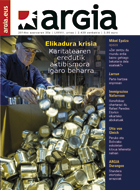



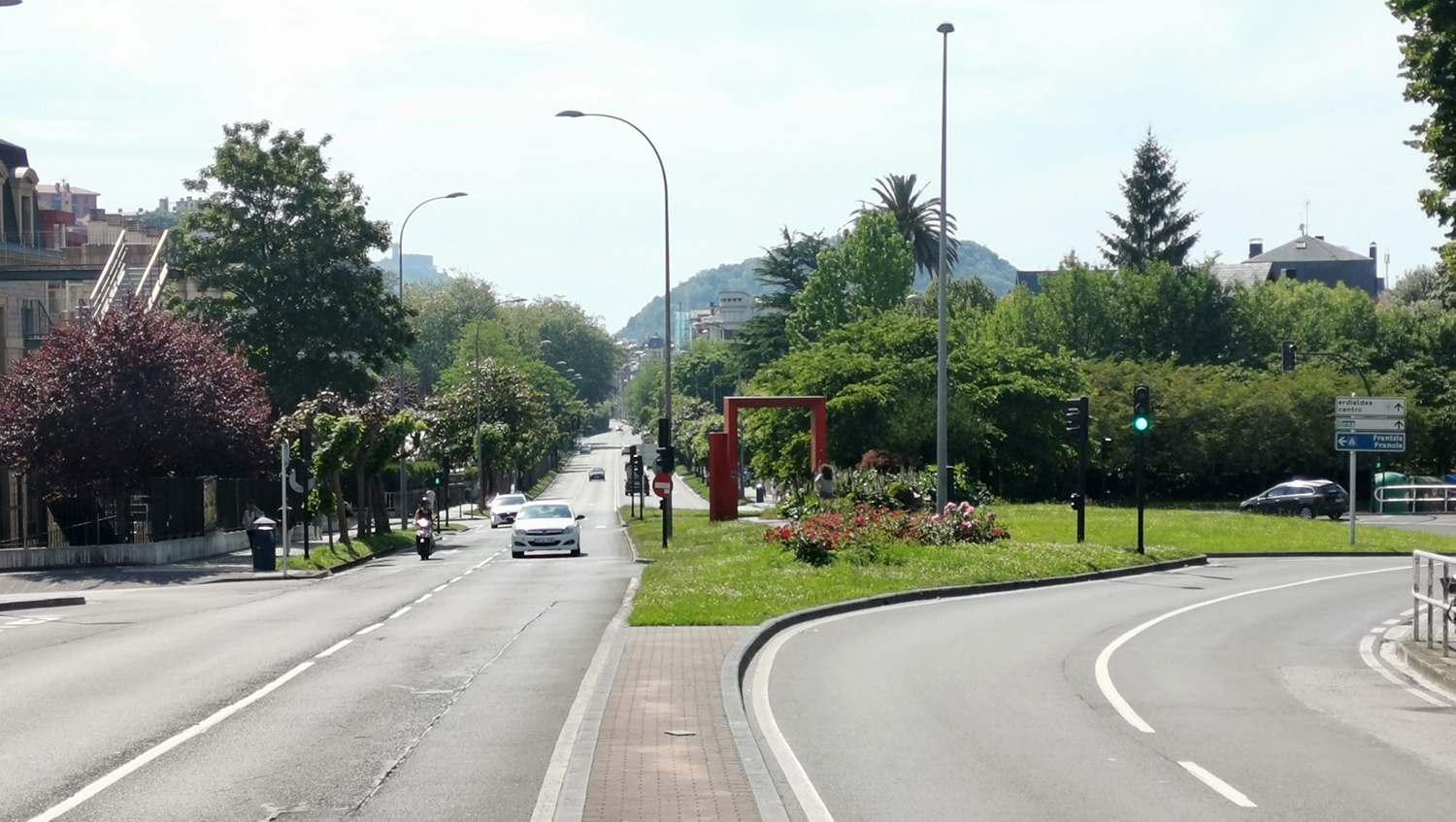




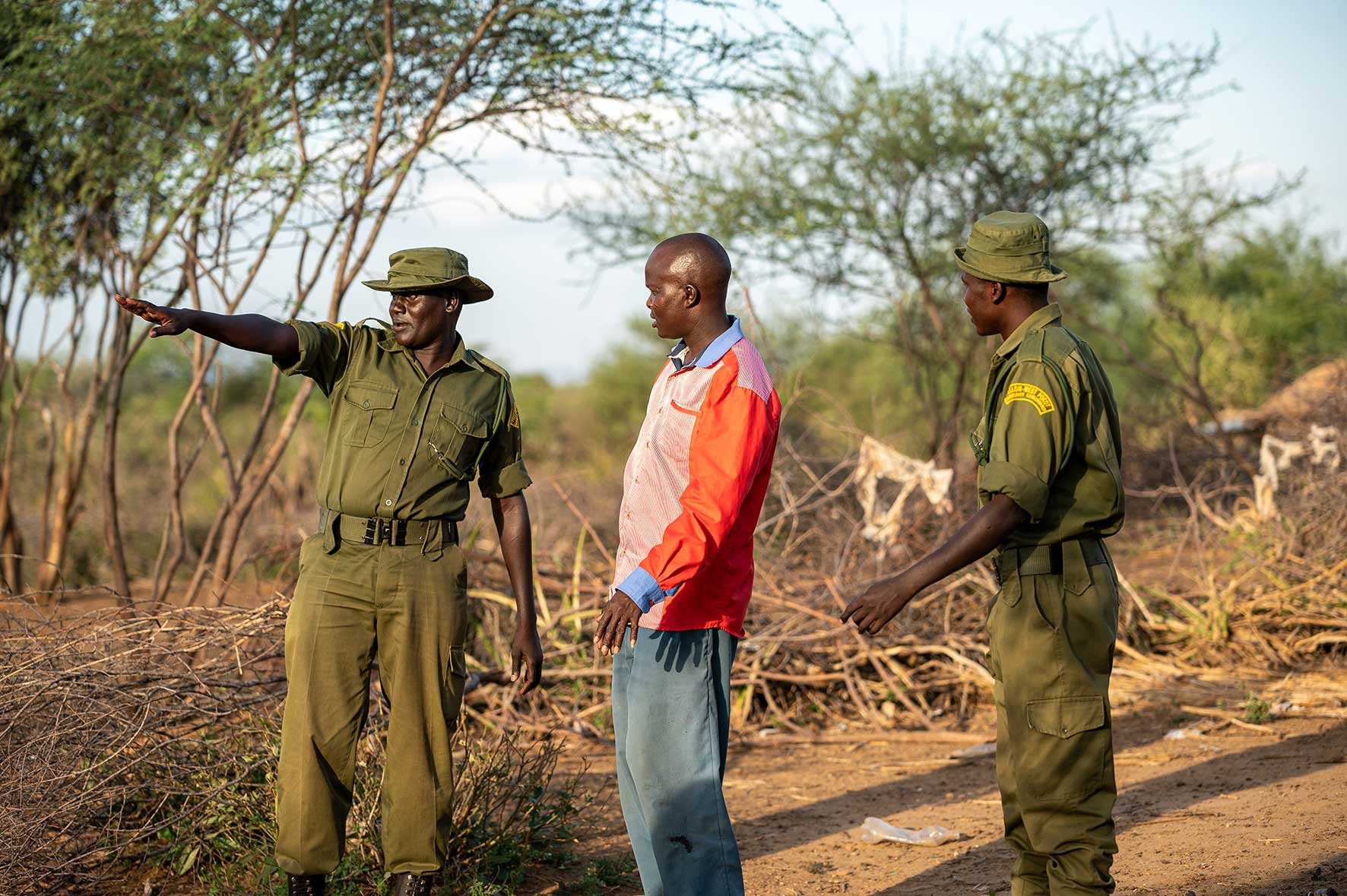
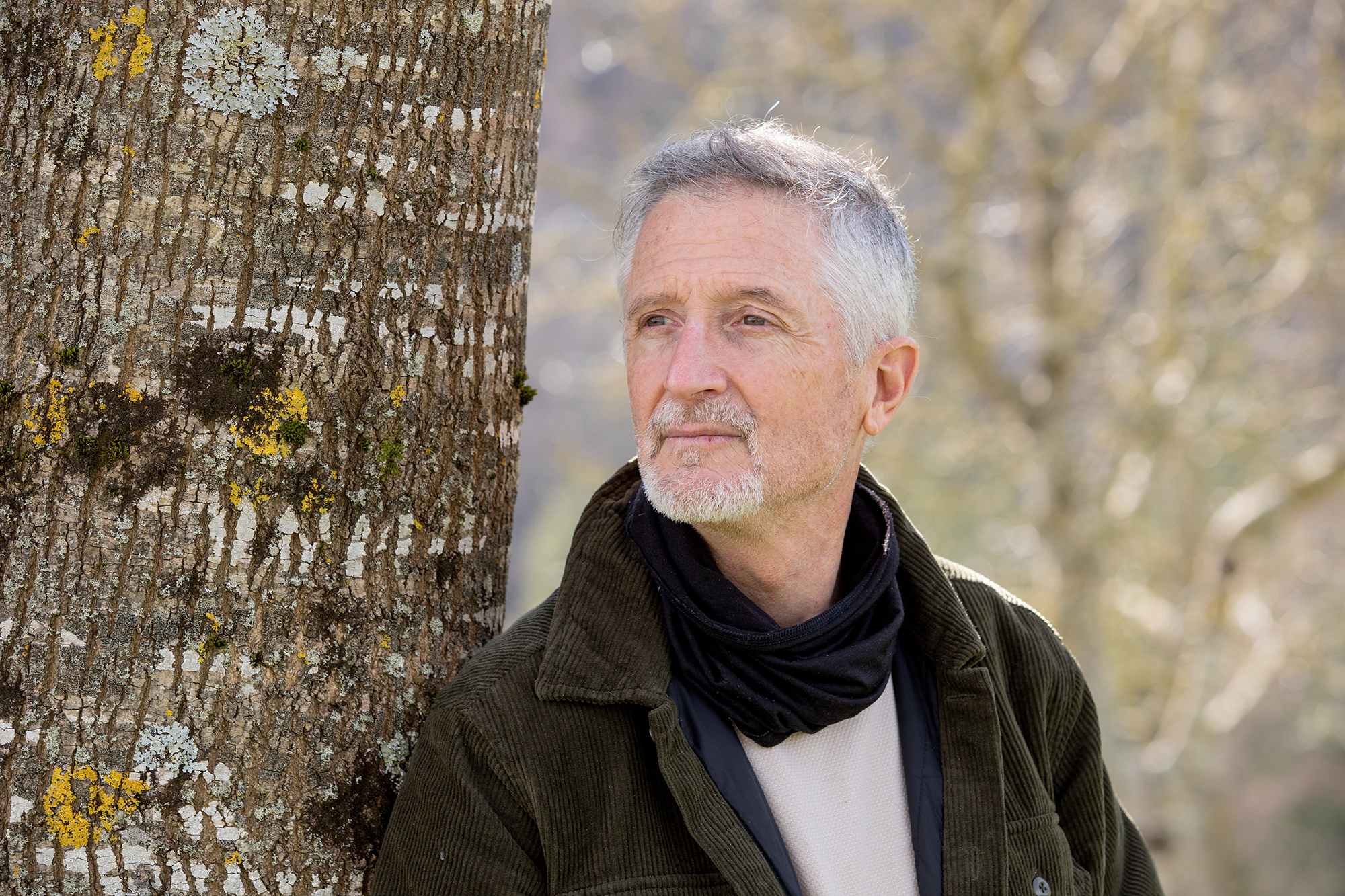

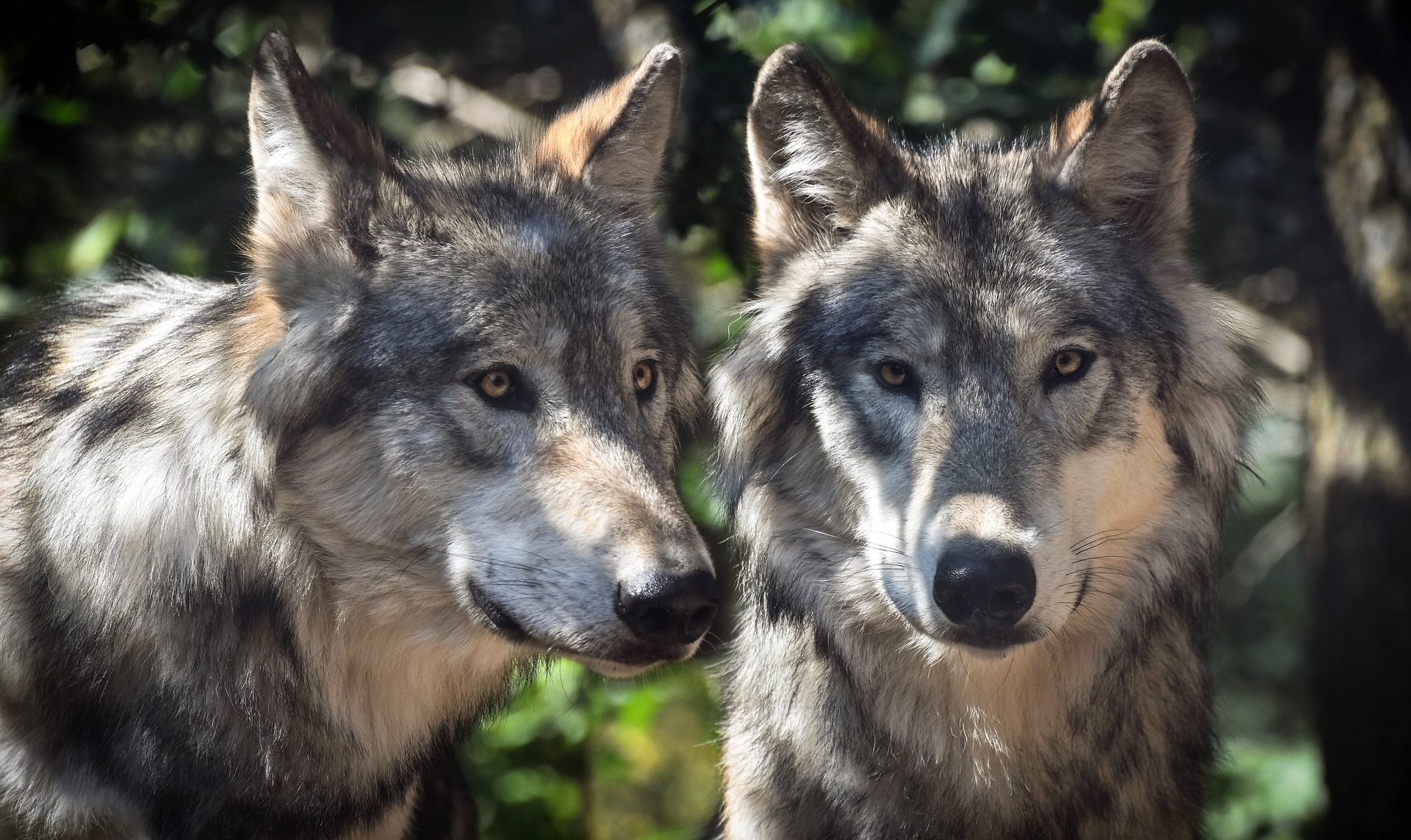
_Glaciar.png)